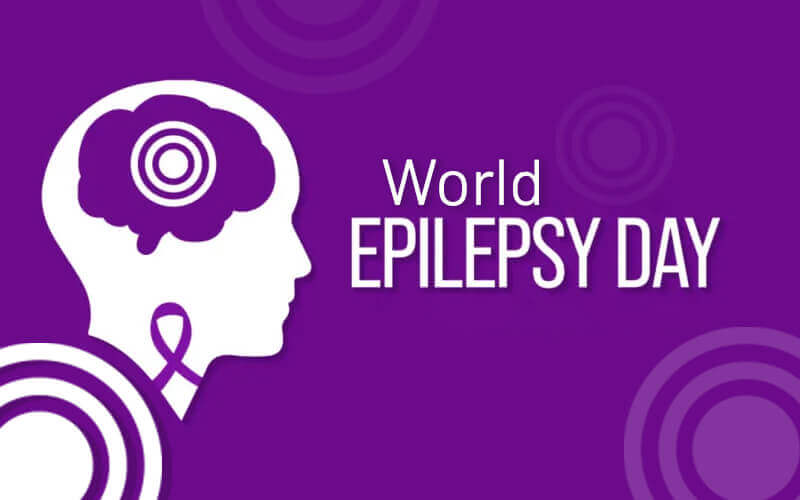Meditation, yoga can 'reverse' DNA reactions that cause stress: study
Sat 17 Jun 2017, 13:31:00
Mind-body interventions such as yoga, Tai Chi and meditation can boost our physical and mental well-being by 'reversing' the DNA processes that cause stress and depression.
Researchers reviewed 18 studies - featuring 846 participants over 11 years - analysing how the behaviour of our genes is affected by different mind-body interventions (MBIs) including mindfulness and yoga.They found a pattern in the molecular changes which happen to the body as a result of MBIs, and how those changes benefit our mental and physical health.
"Millions of people around the world already enjoy the health benefits of mind-body interventions like yoga or meditation, but what they perhaps don't realise is that these benefits begin at a molecular level and can change the way our genetic code goes about its business," said Ivana Buric from the Coventry University in the UK.
The researchers focused on how gene expression is affected; in other words the way that genes activate to produce proteins which influence the biological make-up of the body, the brain and the immune system.When a person is exposed to a stressful event, their sympathetic nervous system (SNS) - the system responsible for the 'fight-or-flight' response - is triggered, in turn increasing production of a molecule called NF-kB which regulates how our genes are expressed.
NF-kB translates stress by activating genes to produce proteins called
cytokines that cause inflammation at cellular level - a reaction that is useful as a short-lived fight-or- flight reaction, but if persistent leads to a higher risk of cancer, accelerated ageing and psychiatric disorders like depression.
cytokines that cause inflammation at cellular level - a reaction that is useful as a short-lived fight-or- flight reaction, but if persistent leads to a higher risk of cancer, accelerated ageing and psychiatric disorders like depression.
According to the study, published in the journal Frontiers in Immunology, people who practise MBIs exhibit the opposite effect—namely a decrease in production of NF-kB and cytokines, leading to a reversal of the pro-inflammatory gene expression pattern and a reduction in the risk of inflammation-related diseases and conditions.
The researchers said that the inflammatory effect of the fight-or-flight response - which also serves to temporarily bolster the immune system - would have played an important role in mankind's hunter-gatherer prehistory, when there was a higher risk of infection from wounds.
In today's society, however, where stress is increasingly psychological and often longer-term, pro-inflammatory gene expression can be persistent and therefore more likely to cause psychiatric and medical problems.
"These activities are leaving a molecular signature in our cells, which reverses the effect that stress or anxiety would have on the body by changing how our genes are expressed," said Buric.
"Put simply, MBIs cause the brain to steer our DNA processes along a path which improves our wellbeing," she said.
No Comments For This Post, Be first to write a Comment.
Most viewed from Health
AIMIM News
Latest Urdu News
Most Viewed
May 26, 2020
Do you think Canada-India relations will improve under New PM Mark Carney?
Latest Videos View All
Like Us
Home
About Us
Advertise With Us
All Polls
Epaper Archives
Privacy Policy
Contact Us
Download Etemaad App
© 2025 Etemaad Daily News, All Rights Reserved.






.jpg)

























